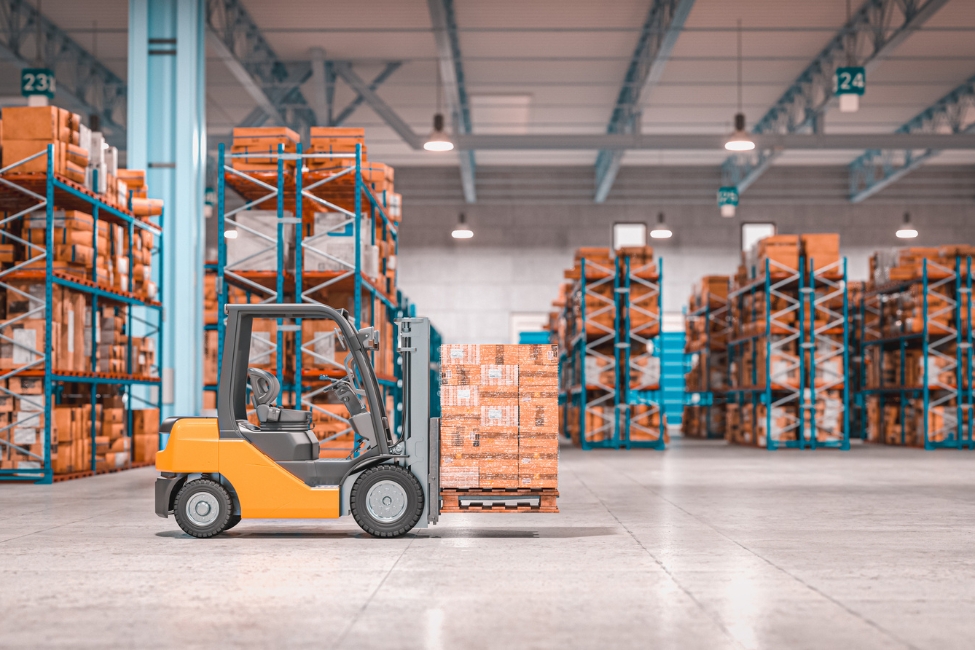Logistics Leaders See Tight Capacity, High Prices Through Mid-2026

The Logistics Managers’ Index rose for the second consecutive month due to rising costs as the economy remains uncertain, according to researchers at Florida Atlantic University and four other schools.
The Logistics Managers’ Index rose for the second consecutive month due to rising costs as the economy remains uncertain, according to researchers at Florida Atlantic University and four other schools.
May’s index read in at 59.4, up slightly from April’s reading of 58.8. The reading is up 3.8 from the year prior. A score above 50 indicates that the logistics industry is expanding, while a score below 50 indicates that the industry is shrinking.
Costs, particularly inventory costs, led to this month’s expansion. Inventory costs rose to 78.4, the highest level since October 2022, while inventory levels were only 51.5. The gap between the two suggests that many inventories are sitting stagnant.
“The persistent uncertainty with respect to tariffs seems to be causing upward pressure on inventory costs, likely because of stockpiling effects,” said Steven Carnovale, Ph.D., associate professor of supply chain management in the College of Business. “The previous pause on tariffs opened up an opportunity to stockpile, which is also likely reflected in the rise in warehousing utilization and costs, as well as the rise in upstream warehouse utilization.”
The LMI, a survey of director-level and above supply chain executives, measures the expansion or contraction of the logistics industry using eight unique components: inventory levels, inventory costs, warehousing capacity, warehousing utilization, warehousing prices, transportation capacity, transportation utilization and transportation prices. Along with FAU, researchers at Arizona State University, Colorado State University, Rutgers University and the University of Nevada at Reno calculated the LMI using a diffusion index.
Warehousing readings also point to further uncertainty among firms on the direction of the U.S. economy and tariff policy. Warehousing capacity was flat at 50, while warehousing costs and warehousing utilization read at 72.1 and 62.5, respectively. The readings suggest that inventories are sitting longer amid slower consumer demand and firms have been holding goods in anticipation of future tariff changes.
“At a certain point, the see-saw effect of increased/decreased tariffs is likely going to lead to firms stockpiling when tariffs come down, and likely be forced to sit on excess inventory,” Carnovale said. “In this case, the decision will be: are the holding costs of excess inventory less than the (potential) future tariffs? And to what degree will these increased prices pass through to consumers?”
Overall, respondents expect inventory levels to increase in the year ahead, with capacity growing tighter and costs expanding, highlighting the overall sentiment that trade issues and uncertainty will be wrapped up by the end of the year.
-FAU-
Latest Research
- FAU's Amy Wright, Ph.D., Honored for Marine Drug Discovery ResearchFAU Harbor Branch researcher Amy Wright, Ph.D., has received the prestigious Norman R. Farnsworth ASP Research Achievement Award, the highest accolade presented by the American Society of Pharmacognosy (ASP).
- FAU Joins VIP Consortium, Launches Inaugural Research TeamsFAU is the first university in Florida to join the international VIP Consortium, a global network of more than 50 institutions of higher education, and has selected its first official VIP teams.
- FAU Engineering Awarded USDA Grant for Smart Farming BreakthroughThis groundbreaking, multi-institutional research project is aimed at revolutionizing the future of precision agriculture through the development of an advanced edge/fog computing-based framework.
- New FAU-USF Research Rewrites Origins of the World's First PandemicFor the first time, FAU-USF researchers have found direct genomic evidence of the Plague of Justinian in the Eastern Mediterranean, where the world's first recorded pandemic began nearly 1,500 years ago.
- FAU Tells 'Story' of Atlantic's Sargassum Surge Using 40 Years of DataFAU Harbor Branch's landmark review reveals 40 years of change in pelagic sargassum - its growth, drivers and rising biomass across the North Atlantic, impacting the ocean's vital ecosystem.
- FAU Engineering Celebrates Journal of Big Data's Decade of ExcellenceCo-founded by FAU College of Engineering and Computer Science faculty, the Journal of Big Data stands as a world-leading publication, ranked No. 1 globally among peer journals and conferences in the domain.






